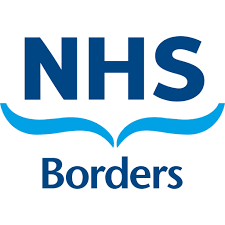What to consider:
Whether the patient is symptomatic
What is the risk of STI (whether symptomatic or not)
Whether testing in general practice is appropriate
If so, what tests you are able to do in general practice
Background:
- Asymptomatic STIs are so common that lack of symptoms is not a reliable indicator of the likelihood of an STI. A sexual history is important – particularly in the assessment of risk factors.
- All the tests we routinely use in the clinic can be used in the community.
- A routine STI screen should include tests for chlamydia, gonorrhoea, syphilis and HIV
- In low risk individuals it may be appropriate not to test, or if under 20 to test for chlamydia (and gonorrhoea) alone
- Tests for Hepatitis B and Hepatitis C may be indicated in those with risk factors.
New patients:
• History:
∗ Assess symptoms:
RED flag symptoms: Refer to BSHS
|
YELLOW flag symptoms: Consider referral to BSHS
|
- Symptom algorithms for the commoner presentations
- Take a full sexual history including date of last sexual intercourse, geographical location of contact, casual or regular partner, partner’s gender, nationality and details of condom use and nature of sexual activity.
- Ask about other partners in the last 3 months as well as sex outside the UK.
- Check previous STIs including hepatitis and hepatitis B status in those at risk
RED flag risk factors: Refer to BSHS if:
|
YELLOW flag risk factors: Consider referral to BSHS if:
|
Examination
- Men: external genitalia including inspection under the foreskin and of the urethral meatus
- Women: presence of genital ulceration, appearance of any discharge, cervical inflammation or discharge, pain on bimanual examination
RED flag signs: Refer to BSHS if:
|
YELLOW flag signs: Consider referral to BSHS if:
|



